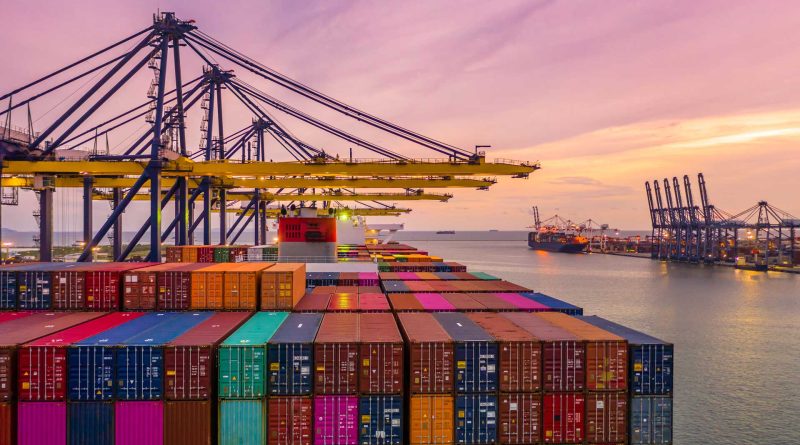Nigerian Government targets 2026 start for implementation of single window policy at ports
The Nigerian Government is kick-starting the enforcement of the National Single Window policy, which seeks to enhance efficiency and reduce the turnaround time for cargo clearance at ports.
Vice President Kashim Shettima announced 2026 as the start date on Thursday at the second meeting of the Ports and Customs Efficiency Committee at the Presidential Villa, Abuja, according to a statement issued by the senior special assistant to the president on media and communications, Stanley Nkwocha.
The action plan will put in place a unified digital platform to consolidate documentation, reduce human contact, and step up transparency in cargo clearing.
The government is out to position the country’s ports among the three most efficient trade gateways on the continent, and plans to cut back the average duration for cargo clearance to below seven days, more than three times shorter than the current processing time.
Mr Shettima voiced concerns over the long cargo dwell time at Nigeria’s major ports, as it averages between eighteen and twenty-one days, compared to Ghana’s five to seven days and the Republic of Benin’s four days.
Dwell time measures how long a shipment spends at a port or terminal from its arrival to when it is picked up for delivery.
“The cost of clearing goods in Nigeria is estimated to be 30 per cent higher than that of many of our regional peers. Our ports record cargo dwell times 475 per cent above the global average benchmark,” the vice president said.
“These inefficiencies are not just statistics; they are symptoms of an economic ailment that costs us investments, drives up consumer prices, and weakens our export competitiveness. We simply cannot afford to continue down this path.”
He said that an executive order on joint physical inspection is before President Bola Tinubu, which will help address limitations in port operations.
He enjoined the Nigerian Ports Authority, Nigerian Customs Service, National Agency for Food and Drug Administration and Control, Standards Organisation of Nigeria and other relevant agencies to devise a strategy to boost the nation’s weights and measures framework.
According to Mr Shettima, the framework is essential for consumer protection in that it will help ensure that the equipment used for weighing and measuring in trade function accurately and meet international standards.
The vice president stressed that the era of agencies working in isolation is over, and solicited stronger inter-agency synergy.
READ ALSO: Tinubu approves 15% import duty on petrol, diesel
“Inter-agency rivalry must give way to inter-agency synergy. We are only as efficient as our collaboration allows,” he said.
The managing director of the Nigerian Ports Authority, Abubakar Dantsoho, highlighted the significance of partnership and technology adoption in bettering port operations.
He said the Ports and Customs Efficiency Committee, established by the authority, is already producing positive outcomes via joint inspection and boarding by relevant agencies.
Mr Dantsoho identified infrastructure development, human capacity building and deployment of modern equipment as core areas for enhancing port performance and sustaining Nigeria’s competitive strength in regional and global trade.

